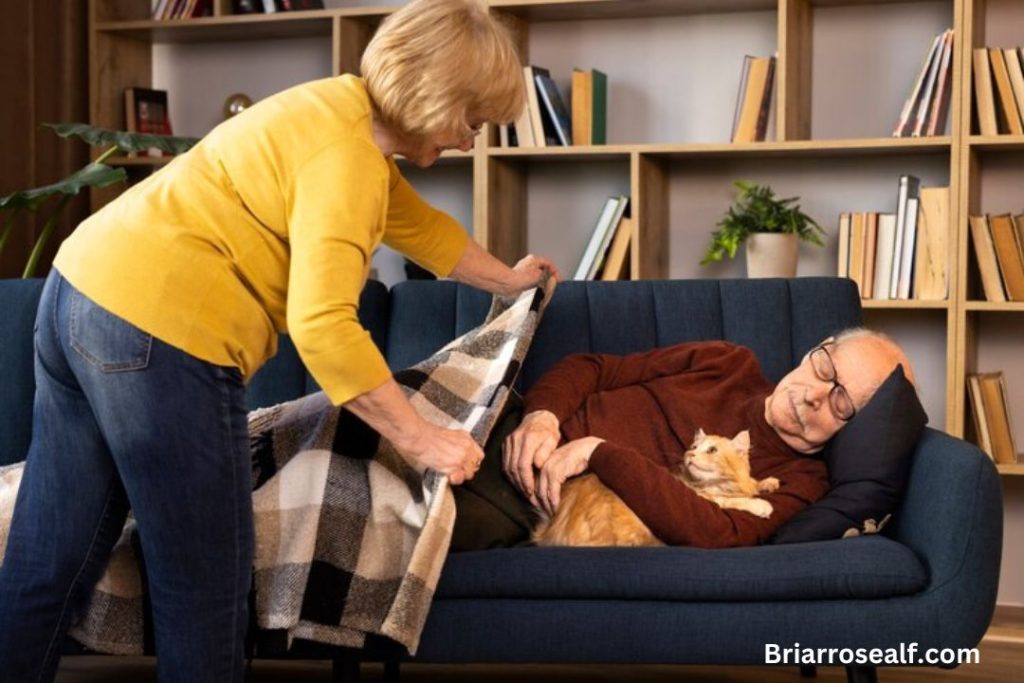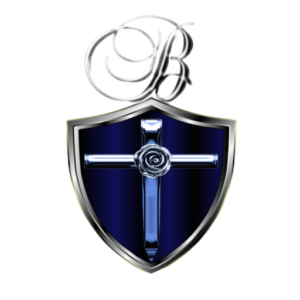
As individuals age, their needs evolve, requiring adjustments to daily routines, care, and support to maintain their quality of life. Elderly care addresses physical, emotional, psychological, and social needs, focusing on safety, comfort, and independence. Whether you’re a family caregiver, a professional caregiver, or someone planning for your future or a loved one’s aging journey, understanding the key elements of elderly care is crucial.
In this blog post, we’ll cover the various daily needs of elderly individuals, categorized into essential care areas. We’ll explore health management, nutrition, mobility, personal hygiene, social engagement, mental well-being, and home safety, providing a holistic approach to elderly care.
Health Management
Managing an older adult’s health is paramount. As people age, they are more likely to develop chronic conditions such as arthritis, diabetes, heart disease, or dementia. Regular health monitoring and timely interventions are crucial in preventing complications.
Medication Management
- Daily Medication Schedule: Many elderly individuals take multiple medications for various conditions. Caregivers should ensure that medications are taken on time and doses are not missed. Medication management tools such as pillboxes, reminder alarms, or automatic dispensers can help.
- Medication Reviews: It’s essential to regularly review medications with a healthcare provider to ensure no harmful drug interactions, side effects, or unnecessary prescriptions.
Regular Health Monitoring
- Blood Pressure: High blood pressure is standard in older people. Regular monitoring is necessary to manage this condition.
- Blood Sugar: For those with diabetes, daily blood sugar checks are essential. Insulin injections or oral medications may be part of the daily routine.
- Heart Health: Monitoring heart rate and ensuring regular exercise is vital for cardiovascular health.
- Weight and Hydration: Maintaining a healthy weight and proper hydration is critical for overall well-being.
Nutrition and Meal Planning
Proper nutrition is one of the most critical aspects of elderly care. Malnutrition or dehydration can lead to various health issues, including muscle weakness, cognitive decline, and weakened immune function. Caregivers need to ensure that elderly individuals are consuming a balanced diet tailored to their specific health needs.
Dietary Needs
- Balanced Meals: An older adult’s diet must be well-balanced and include adequate protein, healthy fats, carbohydrates, vitamins, and minerals. Foods like fruits, vegetables, whole grains, lean meats, and low-fat dairy should be part of daily meals.
- Special Diets: Many elderly individuals require specific diets, such as low-sodium for heart health, low-sugar for diabetes, or gluten-free for those with celiac disease.
- Supplements: Older adults may need vitamin and mineral supplements, particularly vitamin D, calcium, and B12, to support bone health, immunity, and cognitive function.
Hydration
- Water Intake: Dehydration is a significant concern in elderly care, as older adults often feel less thirsty or forget to drink enough water. Caregivers should monitor fluid intake and encourage drinking water throughout the day.
Meal Preparation
- Ease of Eating: Many elderly individuals experience difficulty with chewing or swallowing. Soft, easy-to-eat foods may be necessary, and caregivers should monitor for signs of choking or aspiration.
- Meal Support: Preparing meals that are easy to digest and tailored to the individual’s preferences can help encourage better eating habits. Caregivers can assist with feeding, especially for individuals with dementia or physical disabilities.
Mobility and Physical Activity
Maintaining mobility and physical activity is essential for older people to prevent muscle atrophy, enhance circulation, and improve overall quality of life. However, safety is the primary concern.
Assistance with Mobility
- Walking Aids: Many elderly individuals use walkers, canes, or wheelchairs to assist with mobility. It is crucial to ensure these devices are in good working condition and used safely.
- Transferring: Caregivers may need to assist with transfers, such as moving from bed to chair or sitting to standing. Proper techniques are essential to prevent injury to caregivers and older adults.
Physical Exercise
- Gentle Exercise: Regular, low-impact activities like walking, stretching, or chair yoga can help maintain flexibility and strength. Activities should be tailored to the individual’s capabilities and preferences.
- Range-of-Motion Exercises: For elderly individuals with limited mobility, caregivers should help with exercises that improve joint flexibility and reduce stiffness, such as passive range-of-motion exercises.
Fall Prevention
- Home Modifications: Remove tripping hazards such as rugs, clutter, or uneven floors. Install grab bars in bathrooms and handrails along stairs to prevent falls.
- Proper Footwear: Ensure the older adult wears proper, non-slip footwear to prevent slips and falls.
Personal Hygiene and Grooming
Personal hygiene is essential for physical health and significantly affects self-esteem and emotional well-being. It’s necessary to assist with hygiene tasks in a way that maintains dignity and independence.
Bathing and Showering
- Assistance with Bathing: Many elderly individuals need assistance bathing due to limited mobility, weakness, or cognitive decline. To make bathing safer and easier, caregivers should use safety equipment such as shower chairs, grab bars, or handheld showerheads.
- Frequency: Some elderly individuals may not need to bathe daily but should be encouraged to maintain regular personal hygiene, including brushing their teeth and washing their hands.
Oral Hygiene
- Brushing and Flossing: Oral hygiene is often overlooked, but it’s crucial to prevent tooth decay, gum disease, and infections. Caregivers should assist with brushing and flossing if needed.
- Dentures Care: Cleaning and proper fitting are essential for those who wear dentures to avoid discomfort and potential oral infections.
Hair and Skin Care
- Hair Care: Regular shampooing and grooming are necessary to prevent scalp issues, such as dandruff or irritation. If the older adult has difficulty brushing their hair, caregivers can help.
- Skin Care: As skin becomes thinner with age, it is prone to bruising and dryness. Caregivers should use gentle skincare products, moisturizers, and sunscreen to protect the skin.
Cognitive and Emotional Well-Being
Mental and emotional health are just as important as physical health. Dementia, depression, anxiety, and loneliness can significantly impact an older adult’s quality of life. Caregivers should be attuned to emotional well-being and provide support as needed.
Mental Stimulation
- Cognitive Exercises: Engage the older adult in activities that stimulate their minds, such as puzzles, reading, memory games, or simple crafts.
- Routine and Structure: Maintaining a daily routine helps provide mental clarity and reduce feelings of confusion or anxiety, especially for those with dementia.
Social Engagement
- Social Interaction: Loneliness is a common issue among older people, and social isolation can lead to depression and cognitive decline. Encourage regular interactions with family, friends, or neighbors.
- Support Groups: Joining a support group can provide emotional comfort and shared experiences for individuals with specific conditions, like dementia.
Mental Health Monitoring
- Signs of Depression: Be vigilant for signs of depression, such as withdrawal, loss of interest in activities, fatigue, or changes in appetite or sleep patterns.
- Professional Help: For more severe mental health issues, seeking the help of a therapist or counselor may be necessary.
Home Safety and Comfort
A safe, comfortable environment is key to maintaining an older adult’s independence and preventing accidents.
Home Modifications
- Bathroom Safety: Install grab bars in the bathroom, ensure adequate lighting, and consider a raised toilet seat or shower bench for those with mobility issues.
- Mobility Aids: Ensure no obstacles, such as loose rugs or cords, could cause trips and falls.
Comfortable Living Space
- Temperature Control: Ensure the living environment is comfortable, with proper heating and cooling systems to prevent overheating or cold exposure.
- Lighting: Adequate lighting throughout the home, especially in hallways, bathrooms, and stairways, is essential to avoid accidents.
Emergency Preparedness
- Emergency Plan: Establish a clear emergency plan, including emergency contacts, and ensure the elderly individual knows how to reach help in an emergency.
- Medical Alerts: Medical alert systems that notify emergency services at the push of a button can be life-saving, especially for individuals living alone.
